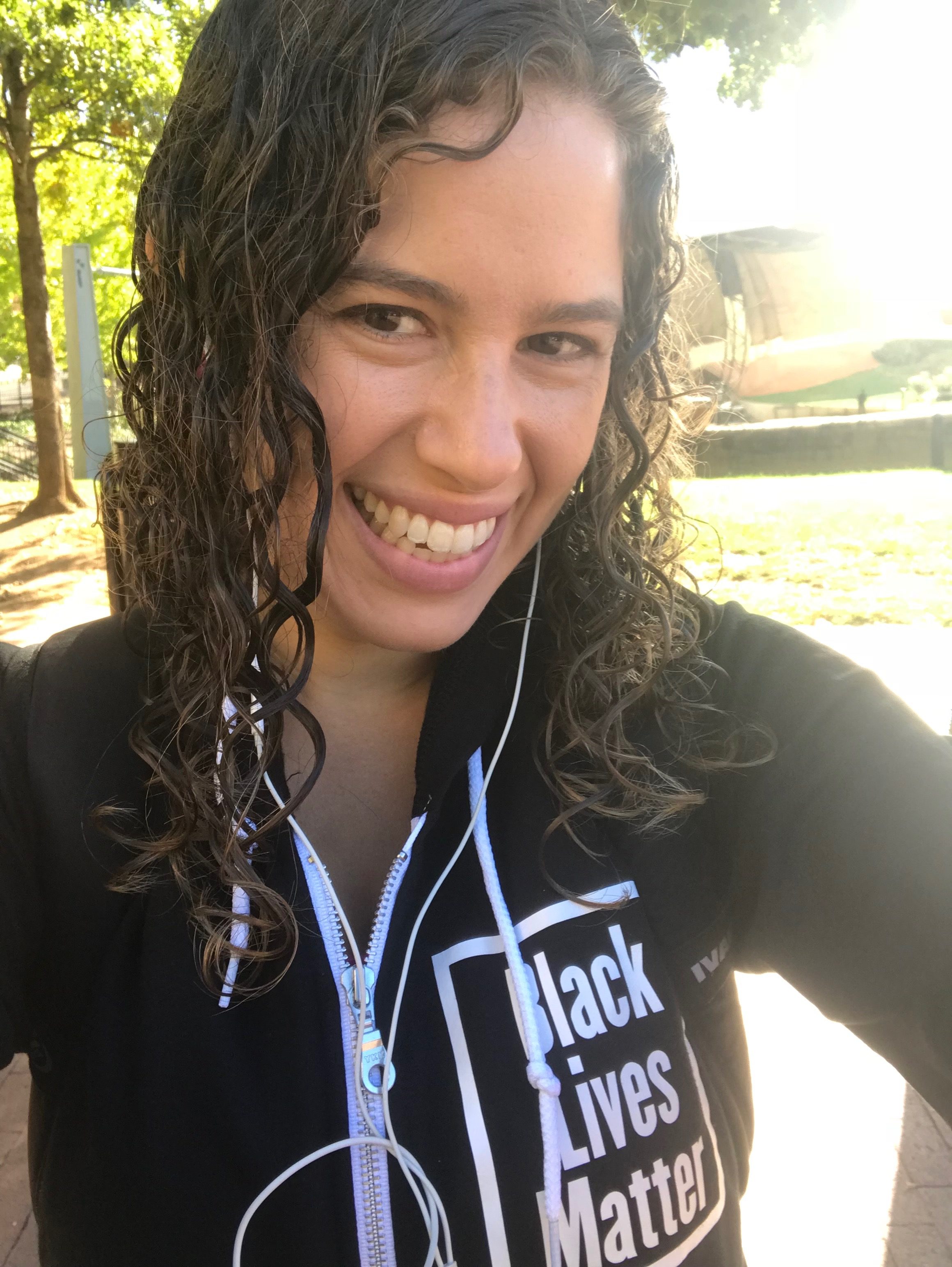A coworker made a casually negative “joke” about divorce during a meeting today, and it stung. I found myself getting lost in my own thoughts about how I hadn’t told her that I’m divorced, and how many times I’ve wanted to tell her, and what will it be like now if I do tell her, and would it feel better or worse if she’d already known in this moment and made that comment anyway?
This is what microaggressions do. They make us feel like we can’t exist fully in shared space. We who do not fit your norm. We who represent your deepest insecurities. We who defy your assumptions.
To clarify:
- Getting divorced does not mean you are a bad person.
- Getting divorced does not mean you are bad at relationships.
- Getting divorced is not always the worst possible outcome.
We know this. I’m not just saying this about myself. I’m saying this as someone who studies humans, and relationships, and families. I’m saying this as someone who loves humans, and relationships, and families. I’m saying this because we know it’s true.
And yet, I get it. For people who get married, divorce is this threat looming the entire time. Some people think divorce is a sin, or have religious beliefs that create great barriers to divorce. Some people really love their spouse and get a lot of joy from marriage and struggle with the vulnerability that this joyous partnership may end. Some people are really invested in the future they have imagined with this person, and the safety and security the relationship brings them, and the possibility of losing that scares them. It could tear. It could break. It could crumble. Shatter. Disintegrate. Sizzle. Fall apart. Burn to the ground.
I use this string of images intentionally because there are many ways that relationships end, and they all feel different. Me, I felt like shattered glass. Like my torso was full of shards.
Just because it’s not the worst possible outcome doesn’t mean it’s not painful.
It is painful. And you know what made it even more painful? The immense shame. That after months of spinning round the narratives in my head – and in our culture – that told me I had failed. I was bad. I was bad at relationships. (Which hurt even more because relationships are core to my professional work, aka the context where this microaggression came up today, yada yada yada).
It is painful. It’s so painful, that you want to believe it won’t happen to you. So you defend yourself against it happening to you by separating yourself from the people it does happen to. Or like – hello – maybe it doesn’t even “happen” to them so passively. Maybe they choose it. Maybe they navigate their way through it. Maybe it’s the best of what they can figure out for themselves and their loved ones at the time.
So, to my dear married folks who have every right to have all kinds of feelings about this, here is what I ask of you:
- Face your own fear of divorce. You deserve that. Your spouse deserves that. Understand what it is and what it isn’t. Know that you are a full and flourishing person and you are worthy of love both within and beyond your current marriage. Divorce is not the worst possible outcome.
- Having faced your own fear, you can check yourself to avoid projecting that fear onto me. I don’t want your pity, and I can’t stand your blame. Those nervous jokes to yourself or to your spouse, those easy cracks at other people who have gotten divorced, for whatever reasons – those are microaggressions. Each comment makes an impact. Also remember that you seriously don’t know who around you has gotten divorced and who hasn’t. We literally don’t wear a ring anymore. We don’t all have children. And we might not have told you.
- Let’s also do some questioning of the whole marriage thing to begin with. Let’s notice how the stigmatizing of divorce functions to uphold White heteronormative capitalist models of love and family. Divorce is scary because the potential to freely and lovingly move in and out of relationships threatens the status quo. Don’t make me bear that burden alone – that’s on all of us to tear down and build back up better, together.
Because I am trying to live my life with as much truth and power as I can muster, and I hope you’re doing the same.
